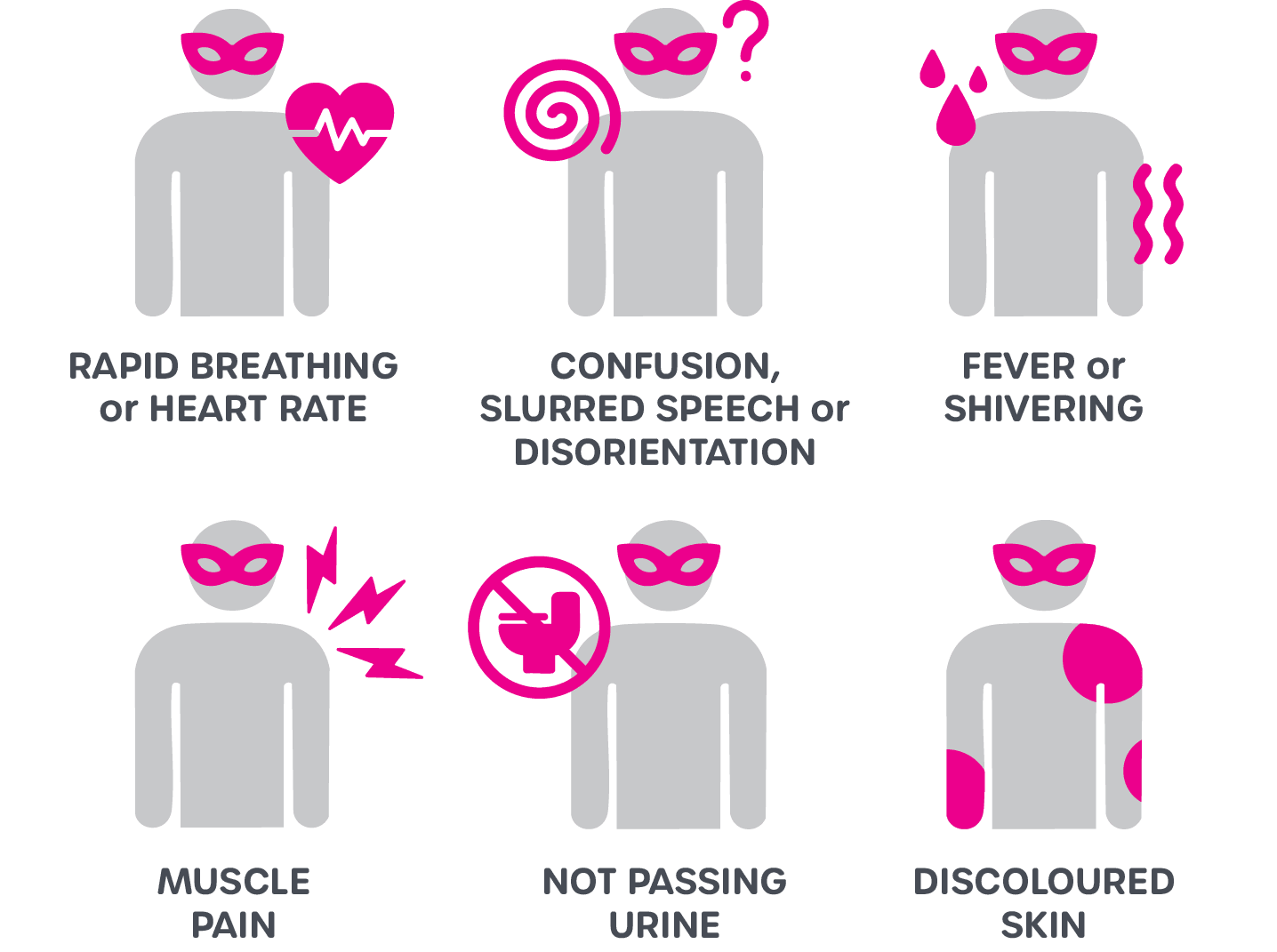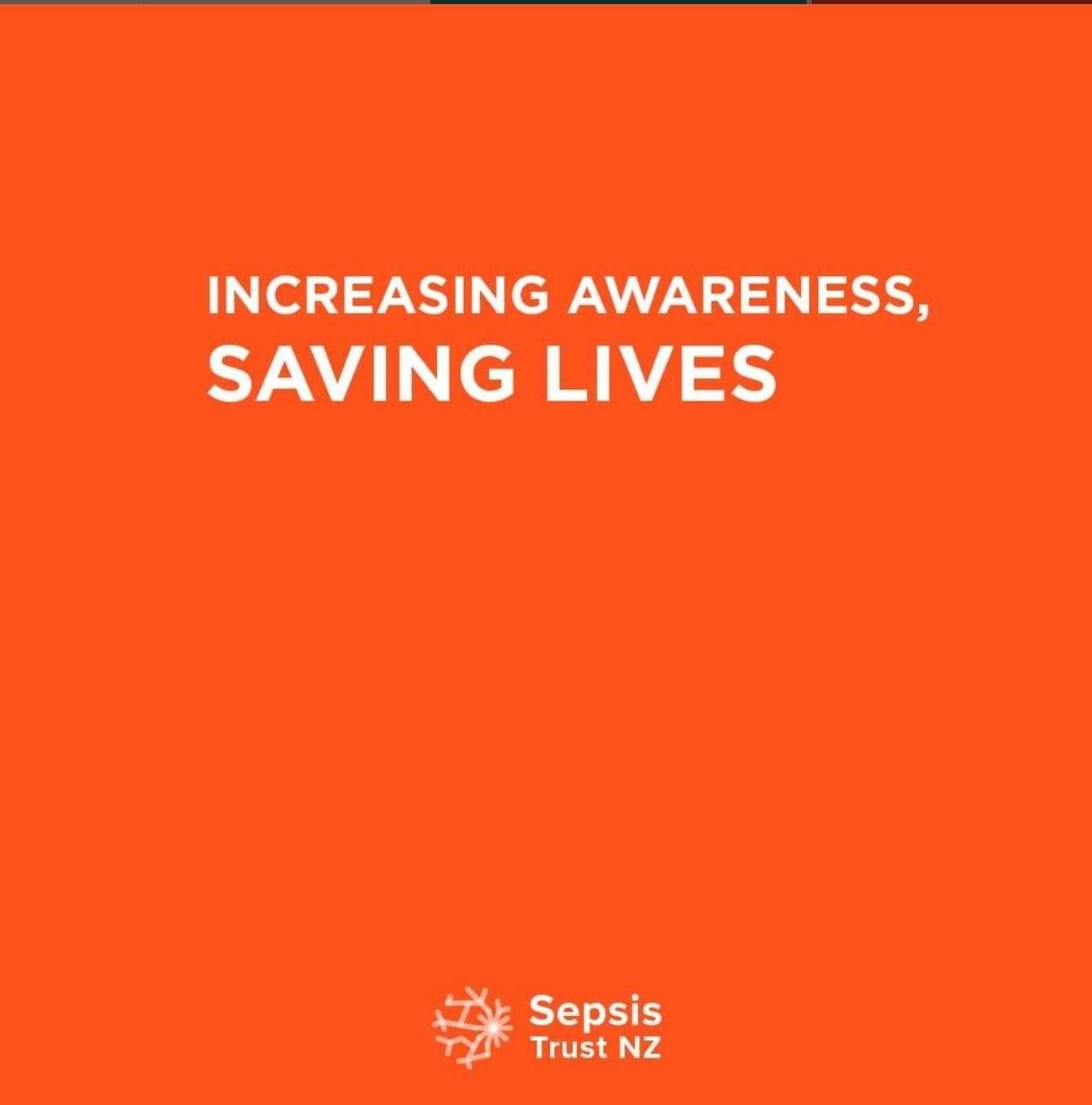What is Sepsis?
What is Sepsis?
Sepsis (mate whakatāoke) is a life-threatening condition that arises when your body’s response to an infection damages its own tissues and organs.
Sepsis is the body’s toxic response to infection.
Why does sepsis happen?
Sepsis happens when an infection you already have – in your skin, lungs, urinary tract (pee/wee/mimi), or somewhere else – triggers a chain reaction throughout your body. This reaction releases chemicals throughout your body which damage tissues and vital organs (kidneys, heart, brain, liver, and lungs).
We don’t always know why the body responds in this way and it is not clear why some people get sepsis while others do not.
Although sepsis can affect anyone, certain people are more at risk of sepsis. This includes the very old, the very young, and people with weakened immune systems or chronic medical conditions like diabetes.
Women are more at risk of sepsis during pregnancy or after giving birth. Sepsis is thought to increase the chance of miscarriage, premature labour or stillbirth. Early recognition and treatment is vital to reduce the risk to both mother and baby. In Aotearoa New Zealand, Māori and Pacific people get sepsis more often than non-Māori and non-Pacific people, often at a younger age.
If you have an infection, symptoms of sepsis can include ANY of the following:

As your condition became worse:
Your blood pressure might have dropped because your illness caused your arteries and veins to become larger and leak fluid into the surrounding tissue. Your blood had a bigger space to fill and so your body struggled to keep your blood pressure at a normal level
Your heart tried to help by beating faster
You might have felt breathless and /or were breathing very quickly
Your skin might have been cold and pale, have had an unusual colour or rash
Your skin might have been hot and flushed.
Depending on where the infection started, you would also have had other symptoms, for example, if you had pneumonia, you would probably have had a bad cough as well. As the sepsis progressed, your blood pressure might have become very low and this would mean that:
Your organs will not have got enough blood and oxygen. This will have damaged the cells in the organs causing them to fail. The kidneys, lungs, brain and heart are particularly at risk from this
You won’t have needed to urinate (pee / mimi) as much as you normally do
You may have found it very difficult to breathe
Your skin may have darkened in patches and begun to blister
You may have become very confused and you might have become unconscious
You may have swollen up with fluid, which would have made you much bigger than your normal size and meant you looked very different. This might have been frightening for you and your family / whanau to see. This swelling happens because your blood vessels become leaky and fluid goes into the wrong places, and can leak out of your skin.
Why does sepsis happen?
Sepsis can develop quickly and is often very frightening and confusing for individuals and their family / whãnau. At the start of the illness, it may have felt as if you were developing a flu-like illness. You may have:
Felt very cold and shivery
Felt very hot and looked flushed
Had a high temperature
Had aching muscles
Felt very tired
Have had sickness and / or diarrhoea (upset stomach)
Not felt like eating,
Seemed confused or had slurred speech
What causes sepsis?
When microorganisms (germs), such as bacteria, fungal or viral infection get into your body, they can cause an infection. If that infection isn’t stopped, it can cause sepsis. Sepsis is not an infection, but an inappropriate response to an underlying infection.
The most common infections that cause sepsis are:
An infection of the lungs
An infection of the kidneys and bladder
Infection of skin, joints and/or bone
A problem in your abdomen (puku) like a hole in the bowel
An infection that starts in the bloodstream and heart

